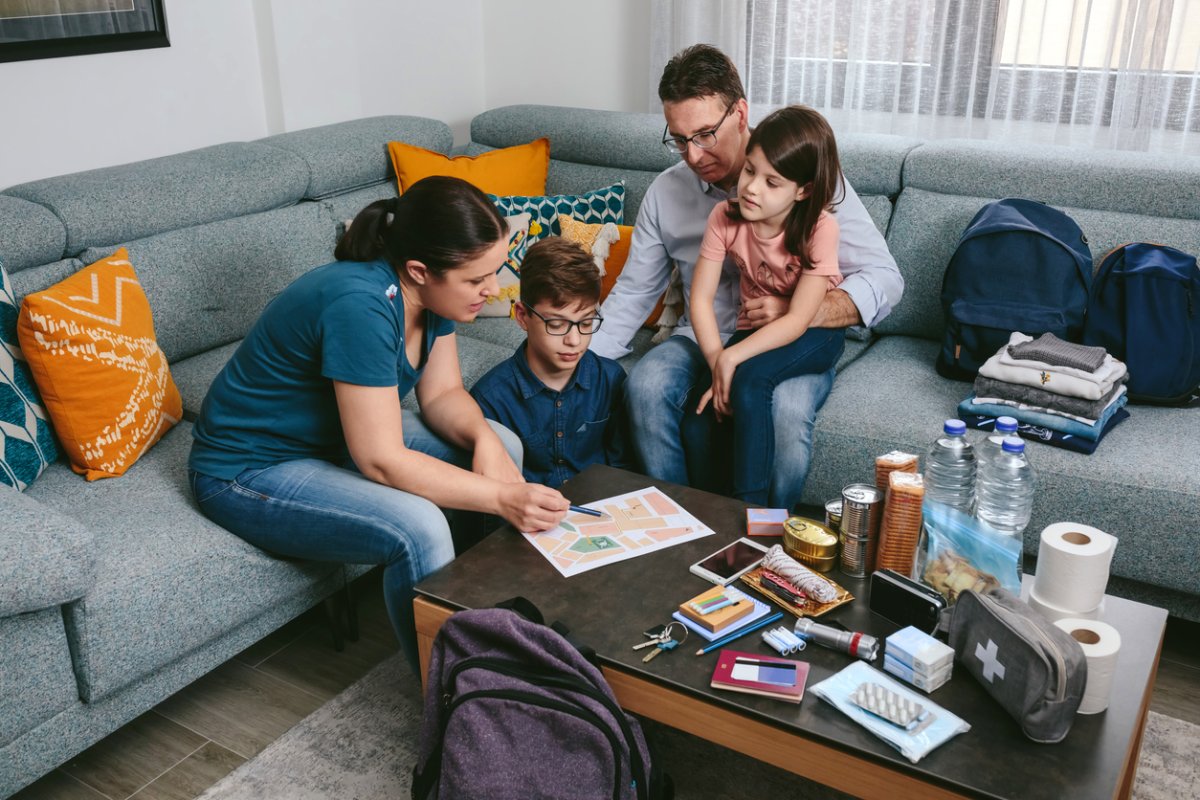We may earn revenue from the products available on this page and participate in affiliate programs. Learn More ›
An evacuation order can happen when we least expect it. Being told to leave your home—sometimes immediately—can be scary. Moreover, it can cause a lot of stress as you worry about the logistics of everything and not knowing when (or sometimes if) life will return to normal. While nothing will eliminate all of the fear and stress that will come along with an evacuation order, being prepared for one can help ensure you and your loved ones remain safe. Learn what you can do to make sure you’re as prepared as possible for the unexpected, as well as what you should and shouldn’t do if your area is ever placed under an evacuation order.
1. What Is an Evacuation Order?
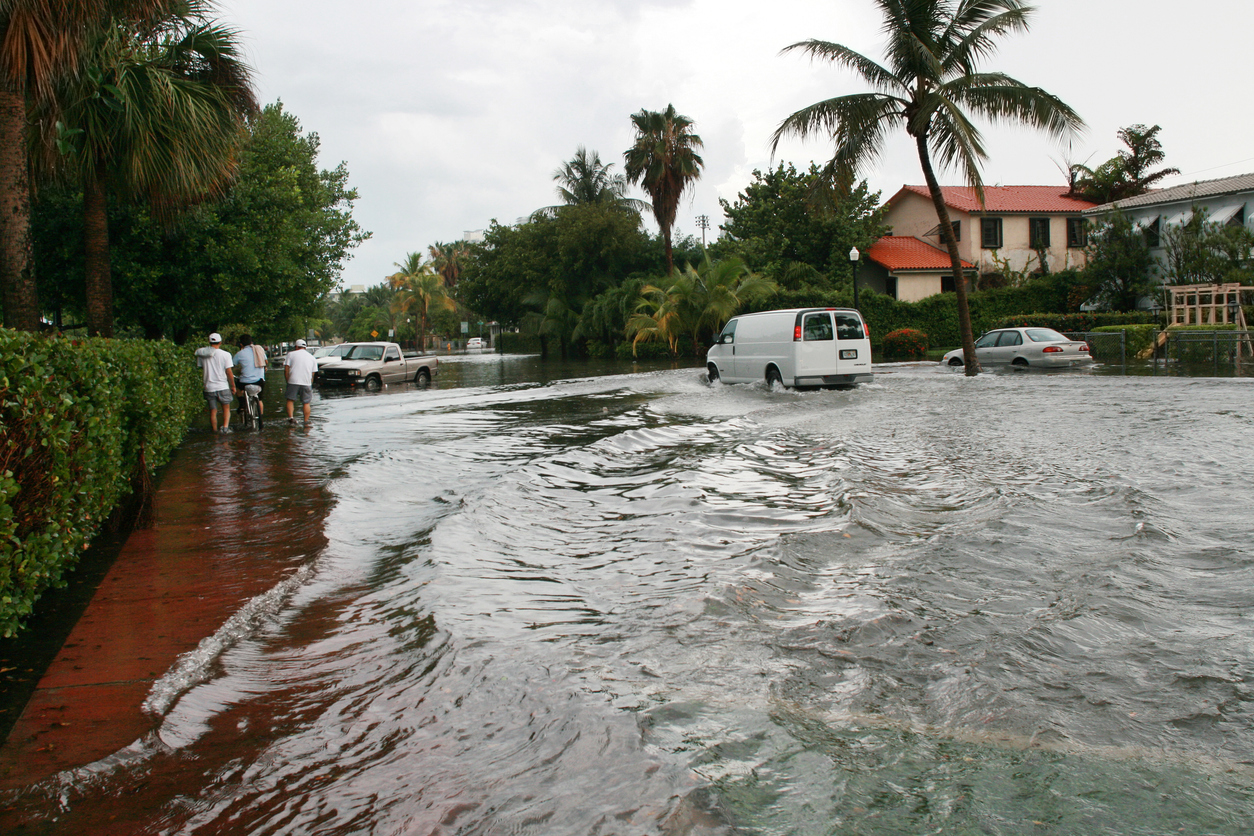
An evacuation order is precisely what it sounds like: an order to evacuate the area. These orders are issued by government officials when there is a threat to human life in the area. They are sometimes, but not always, preceded by an evacuation warning, notifying residents of a potential threat that could result in an evacuation order being issued.
Evacuation orders can be issued in response to any dangerous situation. During hurricane season, we frequently hear about them in cities in the track of a storm. For example, the governor of Florida issued an evacuation order for several coastal counties as Hurricane Ian was heading for the state in 2022. More recently, after the train derailment in East Palestine, Ohio, state officials ordered residents to evacuate the area to get away from the toxic chemicals that the train was carrying.
Depending on where you live and the circumstances, evacuation orders may be classified as either voluntary or mandatory. Both of these mean what you would probably guess: voluntary orders are more of a suggestion, while it is required to follow a mandatory evacuation order. Some states have laws in place regarding failure to comply with an evacuation order. For example, in North Carolina and Texas, you risk being held liable for any costs incurred to rescue you from a disaster if you fail to leave. In North Carolina and New York, there is also the potential to be charged with a misdemeanor for not leaving when ordered.
RELATED: The 9 Best Emergency Radios—No Electricity, No Wifi, No Cell Service Needed
2. How to Prepare for an Evacuation Order
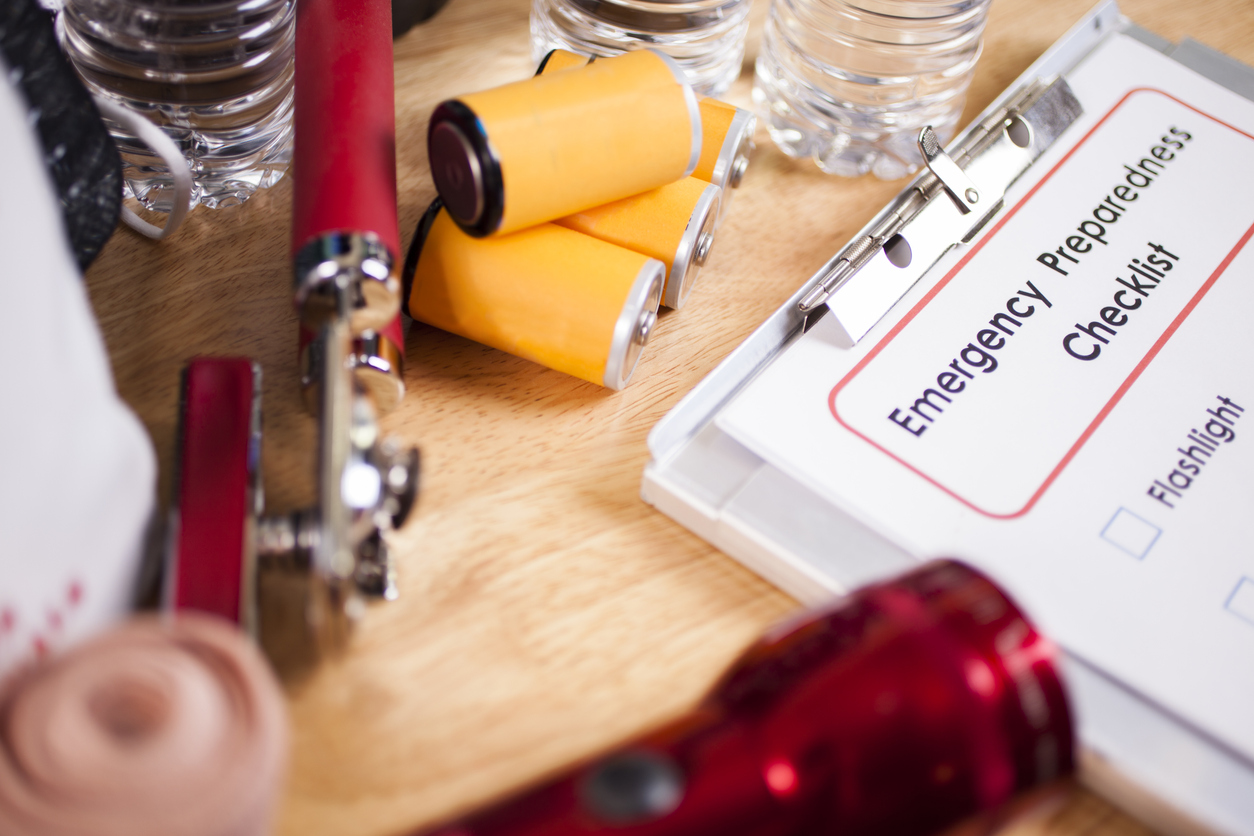
You never know when an evacuation order will be issued. If you live in an area of the country that is prone to wildfires, hurricanes, or other extreme disasters, it is possible that following the news may give you more warning about the potential for an order to be issued. However, not all evacuation orders are related to the weather or climate, and given how unpredictable these two can be, circumstances can change in an instant.
Just as there are things you should do to make sure that you have what you need to stay safe in your home in the event of an emergency, you should also make sure that you’ll be ready if an evacuation order is issued for your area. The first is to have a plan in place. Where will you go if you are ordered to leave your home? Do you have friends or family who you could stay with? Does your state offer shelters for evacuees from natural disasters? Have a few places in mind in case your first choice isn’t possible given the circumstances. If you have pets, you’ll want to factor that into your decision about where you could go. It is also important to know several different routes out of your town or city. If the route you were planning on taking is closed or backed up, which other ways could you drive to get out?
Prepare a go-bag with essential clothing, food, water, medications and first aid supplies, spare batteries, flashlights, and other emergency supplies. Leave this bug-out bag packed and ready to grab if you ever have to leave your home without enough time or notice to grab anything from your closets or pantry. It is also a good idea to compile an inventory of your personal belongings. In the unfortunate event that your home or belongings are damaged during a natural disaster, you’ll have this inventory to provide to the insurance company. Email a copy to yourself so you don’t have to think about trying to find it when evacuating.
Work together with the other members of your household to devise your plan. Come up with agreed upon meeting points or methods of communication in the event that you get separated from each other and cell service is down.
RELATED: The Ultimate Bug-Out Bag List: 30 Emergency Essentials for When Disaster Strikes
3. What to Do When Following an Evacuation Order
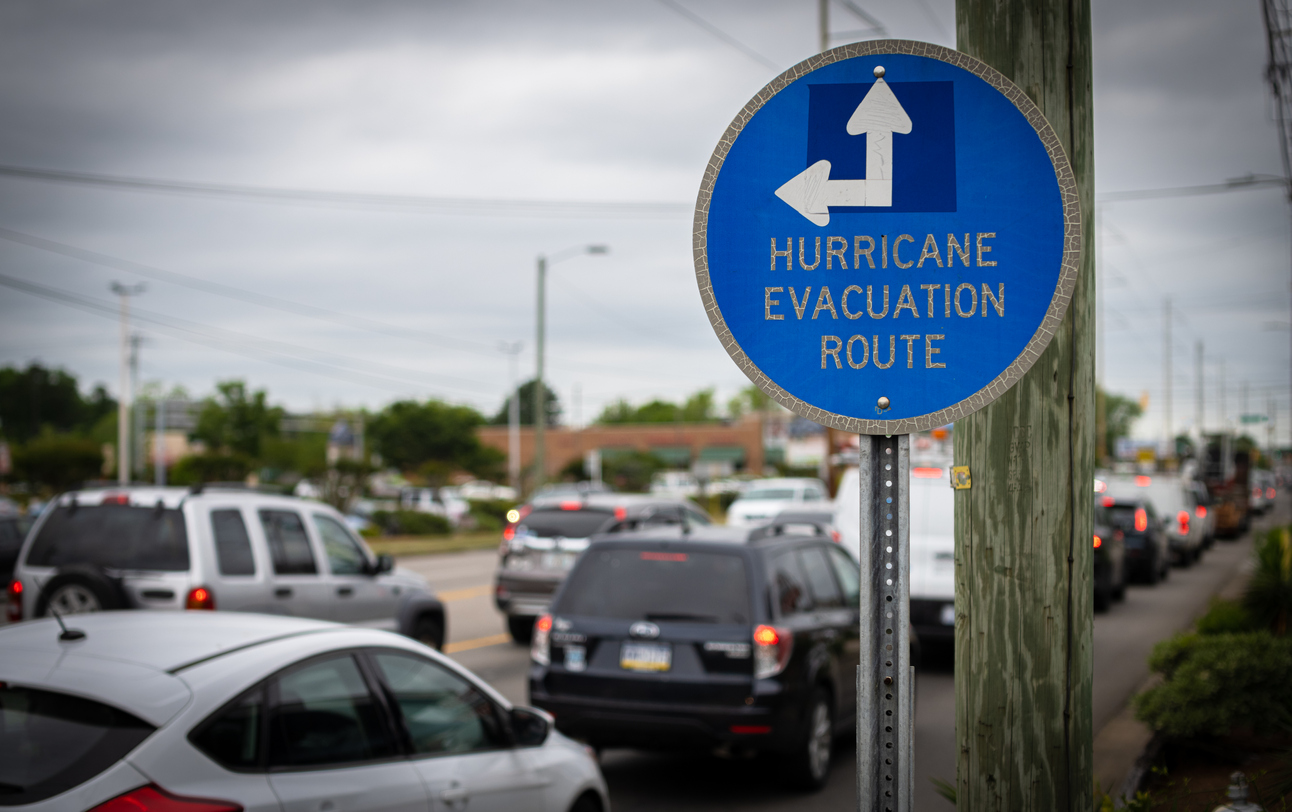
Knowing what to do when an evacuation order is issued is essential. It will help ensure that you and your loved ones are able to safely get out of the area. Here are some things you should do when following evacuation orders:
- Grab your bug-out bag and get out of your home quickly.
- Don’t delay leaving if you want to avoid traffic jams or potentially getting trapped in an unsafe area.
- Take your pets with you.
- If there is time, unplug your appliances and other electronics. The refrigerator and freezer can remain plugged in (unless flooding is likely, in which case they should also be unplugged).
- Dress appropriately for the conditions, making sure that your head, feet, and body are sufficiently protected.
- If an evacuation route has been identified, follow it to avoid unexpected road closures.
- Keep a battery-powered or hand-crank radio with you to receive updated evacuation instructions.
- If evacuating due to a storm or other natural disaster, download the FEMA app to find information about available shelters.
- Remain alert and use common sense to get yourself and others to safety.
RELATED: Hello, Homeowners: The 8 Most Useful Apps for Your Phone
4. What Not to Do When Following an Evacuation Order
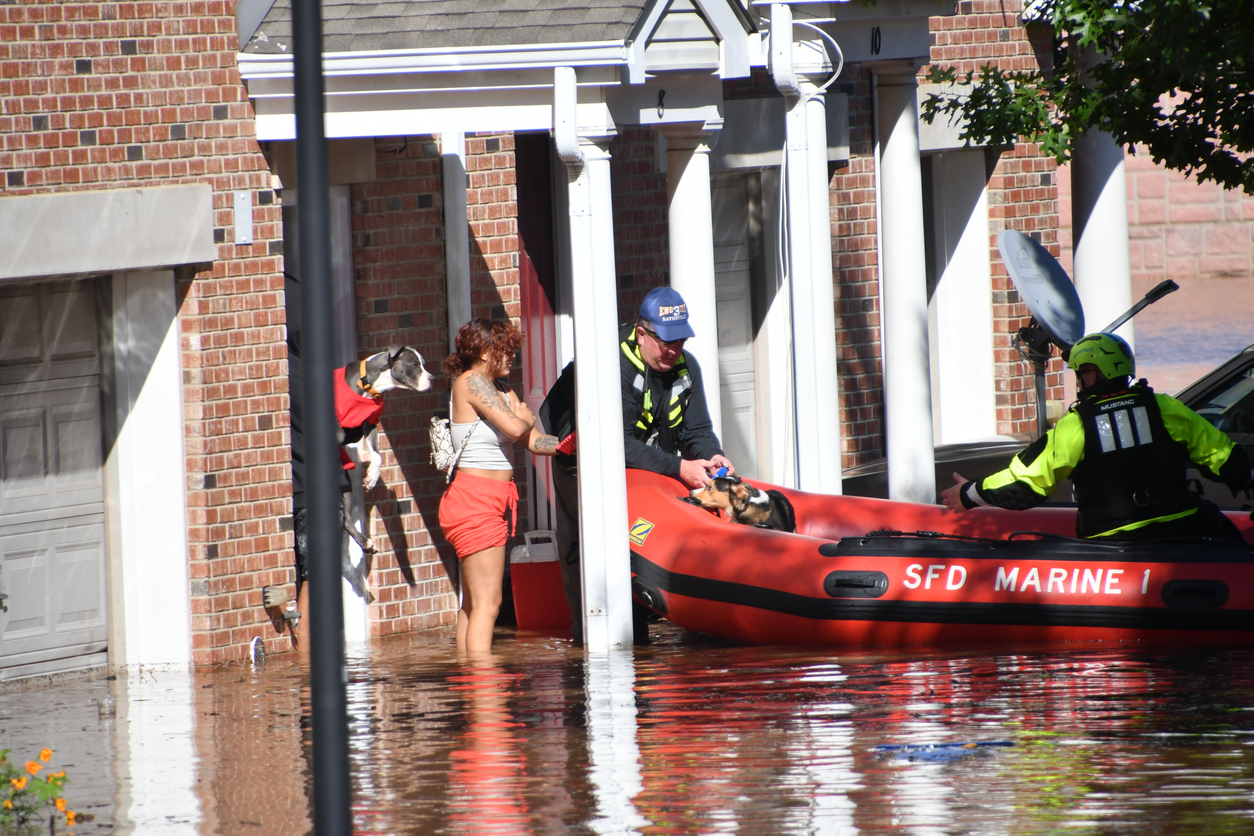
Just as it is important to know what to do if your area is placed under an evacuation order, it is also essential to know what not to do when following an evacuation order. Avoid these things so you don’t further complicate an already dangerous emergency situation:
- Don’t ignore orders to evacuate.
- Don’t take the time to do anything that isn’t absolutely necessary.
- Don’t call 911 if it is not necessary. You don’t want to overload the lines and take attention away from people who really need help.
- Don’t leave your pets home.
- Don’t try to drive or walk past any emergency scenes to see what’s going on.
- Don’t veer from the recommended evacuation routes.
- Don’t use your cell phone more than necessary. You may not be able to easily charge the battery if it dies.
- Don’t panic. Remaining calm will help you make safer and smarter choices for yourself and your loved ones.

